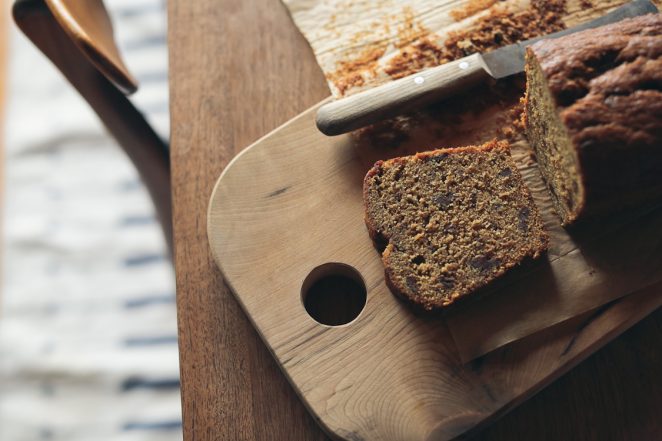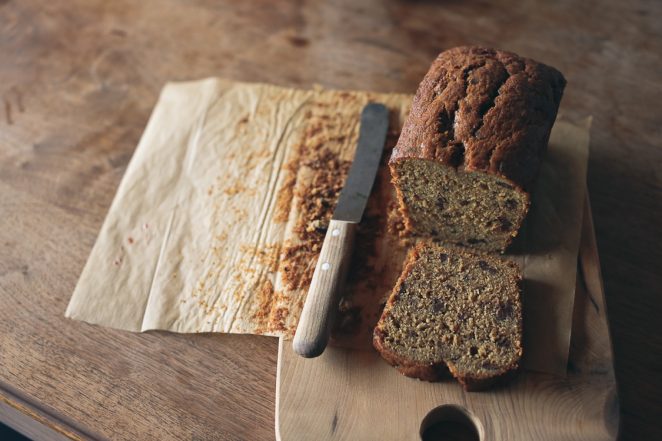Out here, up here
Today I come to you from Sitka, Alaska, where I’ve been since last Saturday, leading a writing workshop on memoir and place. I’m among the faculty for the first-ever Sitka Arts and Science Festival, a week of multi-disciplinary cross-pollination and collaboration dreamed up by the Sitka Fine Arts Camp and several local partners, with support from the National Endowment for the Arts.
It’s been cool and misty almost every day, summer-in-Sitka-y. I didn’t bring enough clothing for this weather, even though, after fourteen years in the Pacific Northwest, I ought to know better. I’m re-wearing what I did bring. Today is day four for these leggings, day two for this sweatshirt. I’ve been wearing my cheap Uniqlo down vest, and it spits out tiny white feathers constantly. There’s always one stuck in the zipper or wedged in a seam. There have been at least a half-dozen occasions when I’ve noticed, out of the corner of my eye, something floating past me on the air, and looking closely, I realize it’s a feather from my vest. Out here, up here, where the purply-black ravens are everywhere strutting, hopping around, prying into garbage cans; where I’ve seen my first tufted puffin in the wild(!); where the only noise I heard upon stepping out of the dorm this morning was the percussive shriek of a bald eagle; out here, up here, even I have sprouted feathers – and am now, apparently, molting.
Henrietta the Copy Center Lady guards the dining hall entrance at breakfast. She sits behind a podium and keeps count of us with a hand-held tally clicker as we walk in. The first time she and I spoke, on the first morning, she scolded me for taking my coffee cup from the dining hall: How’re you gonna remember to bring that back, hmmm? She has short peppery hair and a lined face and a full, humped quality to her shoulders, maybe from years of devotion to the copy machine. When I gave her the class readings to be copied, she asked if she might keep the originals, so that she could read them herself. Of course I agreed. I almost cheered, for god’s sake. I learned yesterday that she is a volunteer, not an employee here, and that she’s been volunteering for the fine arts camp (and before that, the college that used to be on this campus) for more than twenty years. Apparently Henrietta favors a certain special copy machine that she keeps locked away in a closet when she’s not around, and everyone knows that she’s the only one allowed to use it. This morning I thought about asking to take her picture, but I chickened out. Henrietta! I’m in love.
We’ve been working hard, though it hasn’t felt like much like work. We’ve read Robert Hass, Roz Chast, Joan Didion, Jo Ann Beard, Luisa Weiss, M.F.K. Fisher, and Truman Capote. There are ten students in my class, all women, and they’ve written so much so fast, and so bravely.
We started this morning, the last day of class, by reading aloud Donald Hall’s “Letter in Autumn.” It’s a poem I first read after my dad died, when a family friend gave me the book that contains it. I have a history of crying easily, especially happy crying at weddings and at odd moments in the car, but I scared myself this morning. I could hardly see, the tears came so fast, and I had to grit my teeth to keep from doing that horrible gasp-y breathing that comes before a sob. When Eileen, the student who’d been reading aloud, got to the end of the poem, I looked up from my xerox and everyone looked back at me, and I laughed and sobbed in earnest now, both at the same time. (Donald Hall: “When Philippa weeps, / Allison at seven announces, / “The river is flowing.” Indeed.) It was alarming to feel out of control, especially in my role as a teacher, but it also felt okay somehow, because it’s been that kind of week. We had a good laugh about it.
We’ve walked on the beach at low tide, learning to tell limpets from chitons and various whelks from various winkles and that gunnels look like small eels but aren’t. We’ve eaten red huckleberries in the woods and milkshakes at Harry Race Pharmacy. We’ve identified the squawk of ravens, half-gargle-half-washboard, and the whiny screech of an eagle, the last creature I would expect to produce such a sound. We’ve talked about rising ocean temperatures and climate change with Stanford’s Rob Dunbar, to whose resonant voice I would gladly listen for at least another week. And at dinner last night, I received this handy tip from the artist Nikki McClure: if you’ve forgotten to let your butter soften before starting a baking project, and if you are a person who has breasts, you can quickly warm that butter by wedging it in your cleavage. I now pass along this wisdom to you, as well as declare myself Nikki McClure’s Number One Fan.

None of this, of course, has anything to do with banana bread. But last week, before I came, I tried a new recipe, and it was good enough to need sharing. The crumb is velvety, really velvety, in a way I’d never experienced. Never mind that this is the seventh goddamn banana bread to appear on this site. I leave you all to laugh-sob about that.
Anyway, if you set out to bake this banana bread, which is Nigel Slater’s Banana Bread with Muscovado and Chocolate, and you find yourself with a cold stick of butter, well, there you go. You know what to do.

P.S. On August 20 and 21, I will be teaching a workshop on narrative food writing at The Pantry. And there are still spots available! Please join us.
Banana Bread with Muscovado and Chocolate
from Nigel Slater, via Genius Recipes
When I made this, I didn’t have much muscovado sugar in the cabinet. But I improvised, using the 90 grams I did have, plus about 110 grams of light brown sugar, and then making up the difference with 35 grams of molasses.
Preheat the oven to 350 degrees Fahrenheit. Grease a standard-size loaf pan (approximately 9 1/2 by 5 inches), and line it with parchment paper.
In a small bowl, combine the flour, baking powder, and kosher salt. Whisk to blend.
In another bowl, mash the bananas with a fork. They should still be lumpy, not fully pureed. Stir in the vanilla.
In yet another bowl (sorry!), beat the eggs lightly with a fork.
Using an electric mixer, beat the butter briefly, just to get it going, and then add the sugar. Continue beating until the mixture is light, fluffy, and the color of coffee with milk. Add the beaten eggs, and continue to beat. (If the mixture looks like it’s curdling at any point, add a spoonful of the flour mixture.) Add the chocolate and the mashed bananas, and beat to mix. With the mixer on low, add the flour mixture. Beat to incorporate.
Scrape the batter into the prepared loaf pan, and smooth the top. Bake for about 50 minutes, or until a toothpick inserted into the center of the loaf comes out moist but clean. If there is any sign of wet batter, continue baking for a few more minutes, tenting the top with foil if it’s browning too much.
Cool the finished loaf in the pan for 15 minutes. Loosen the sides with a thin knife, then carefully lift out the loaf with the parchment liner. Cool completely before slicing.
Yield: 1 loaf

